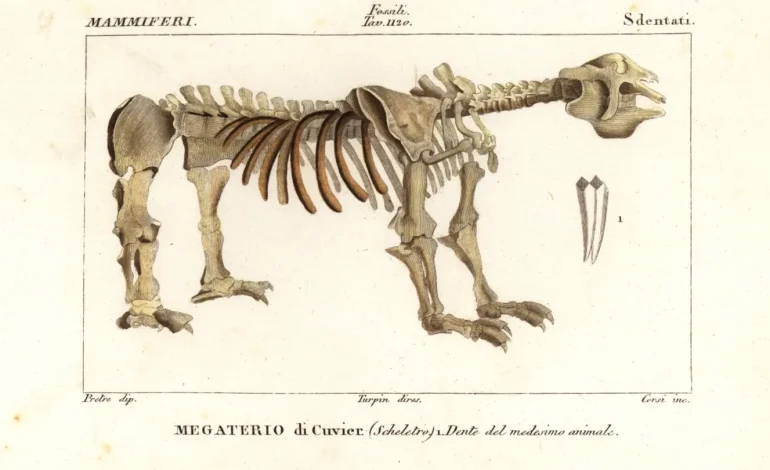A recent excavation in Lubbock, Texas has uncovered a rare glimpse into prehistoric life, with archaeologists unearthing the remains of “colossal creatures” during a routine environmental review for a planned highway project, as per Fox News.
The discovery, announced by the Texas Department of Transportation (TxDOT) in a press release, occurred during an archaeological survey for Loop 88, a proposed state highway encircling the city.
Among the prehistoric remains identified were bones belonging to Ice Age megafauna — large mammals that once roamed North America. Notably, the excavation team discovered the distinctive tooth of a giant ground sloth, a now-extinct creature that could weigh several tons and reach the size of a modern-day car.
“Finding megafauna bones isn’t unusual in this region,” said Chris Ringstaff, a project planner with TxDOT’s Environmental Affairs Division. “But the possibility of uncovering a complete giant ground sloth — or even more species like mammoths or mastodons — is an exciting development.”
While researchers are still awaiting formal identification from paleontologists, Ringstaff noted the potential for further discoveries at the site. “We’re here to get the road built, but who doesn’t love digging up big ol’ animals?” he added.
The area around Lubbock is known for its Ice Age history and is dotted with playas — ancient, dried-out lakebeds that once served as watering holes for both animals and early humans. TxDOT said these features make the region especially rich in prehistoric evidence.
According to the agency, archaeologists are continuing to search for smaller artifacts and are conducting dating analyses to determine the age of the bones. Should any signs of human activity be found in conjunction with the megafauna remains, the project will be temporarily halted for further study.
“If the site reveals human interaction with Ice Age megafauna, it would mark the first such discovery during a TxDOT project,” the agency said in a statement.










The latest news in your social feeds
Subscribe to our social media platforms to stay tuned